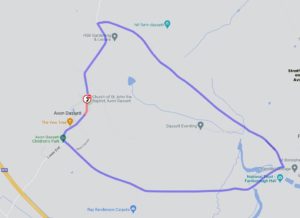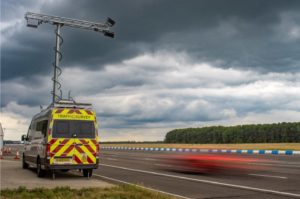Frequently Asked Questions (August 2022)
What is the Household Support Fund?
The government has made available £421 million to the Household Support Fund (HSF) to be shared amongst local authorities in England to provide targeted financial support for those most in need of help with significantly rising living costs. The Fund will support vulnerable households, particularly those including children and pensioners, to ensure that people have the support they need to afford food, energy, water bills and associated costs. More information is available at: https://www.gov.uk/government/publications/household-support-fund-guidance-for-local-councils
What is it for?
The Household Support Fund is to provide support to vulnerable households, particularly families with children and pensioners, affected by significantly rising living costs where alternative sources of assistance may be unavailable.
How much was Warwickshire allocated and on what basis?
Warwickshire’s allocation is £3.47m to cover the period 01 April 2022 to 30 September 2022. Funding has been allocated by population, weighted for the Index of Multiple Deprivation.
What can the funding be used for?
The conditions of the grant mean that the funding cannot be used for the provision of general advice on managing debt and the type of support is ringfenced to provide support with food, energy and water bills or other essentials. Specifically,
• at least one third of the total funding must be allocated to support households with children,
• at least one third of the total funding must be allocated to support pensioners, and
• up to one third of the total funding to other households genuinely in need of support.
How is the HSF funding being distributed in Warwickshire?
Warwickshire County Council is distributing the funding via the Warwickshire Local Welfare Scheme and working with Districts and Boroughs to identify specific projects that can be supported within the scheme’s parameters. The council has proactively identified vulnerable families with children eligible for benefits related free school meals and residents in receipt of pension credit, who are automatically receiving vouchers towards food and fuel costs. Other vulnerable residents who are struggling financially can apply for support from the scheme or other sources by contacting the Local Welfare Scheme Team directly on 0800 4081448.
How can people find out about financial support available to them?
Warwickshire County Council’s webpages (www.warwickshire.gov.uk/localwelfarescheme and www.warwickshire.gov.uk/facinghardship) will be updated with details of support and messages will be sent out via the council’s Twitter (@Warwickshire_CC) and Facebook (@WarwickshireCountyCouncil) social media platforms. Information about food and financial support for those facing hardship will also be shared with schools and other education settings as well as public, community and voluntary sector partners to reach people in local communities who may benefit from this help.
Who can apply for financial support from the Local Welfare Scheme?
Please go to the website https://www.warwickshire.gov.uk/localwelfarescheme for the most up to date eligibility criteria. The additional funding has enabled some temporary changes to ensure flexibility when supporting our most vulnerable residents at times of unavoidable crisis when they have no other means of help
How can people apply for support?
Vulnerable residents who are struggling financially can apply for support from the scheme or other sources by contacting the Local Welfare Scheme Team directly on 0800 4081448.



